

The publication is American. Either he knew better and the editor “corrected” him as to “not confuse” the audience or he didn’t, or didn’t care to double-check, which just means that VOA has no standards when it comes to their correspondents knowing geography. Or their editors, who should catch such obvious mistakes.









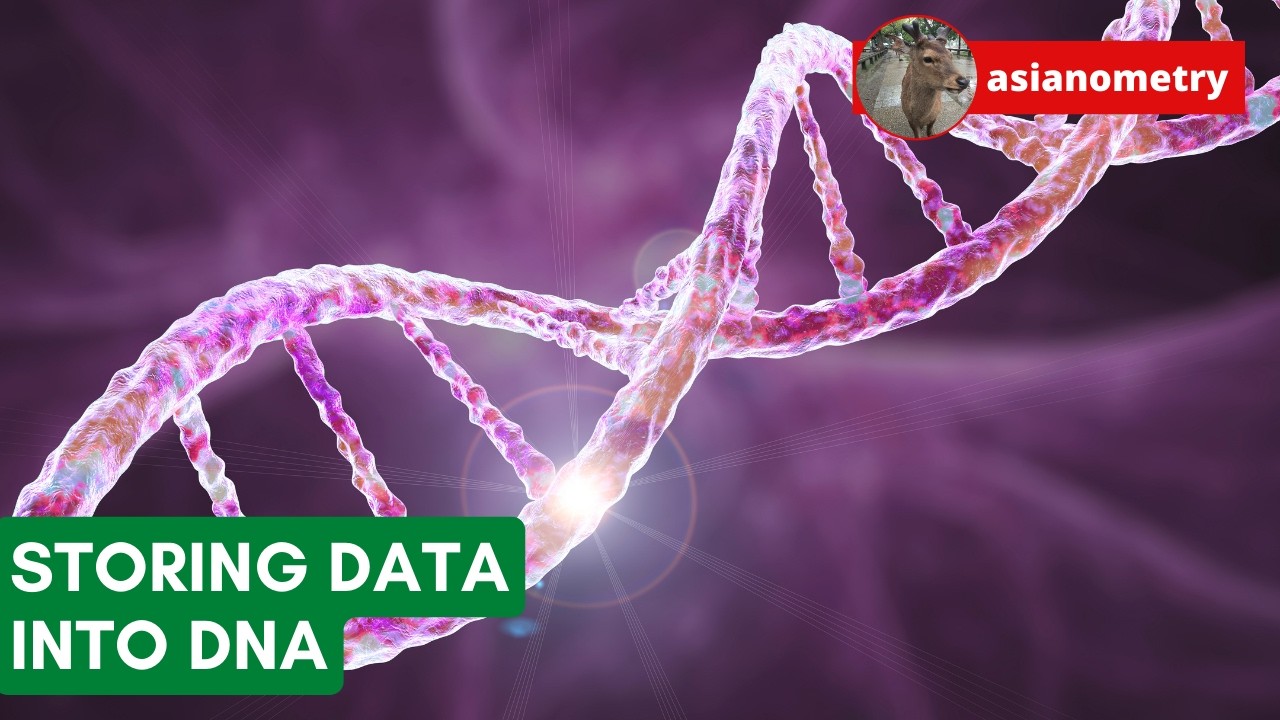
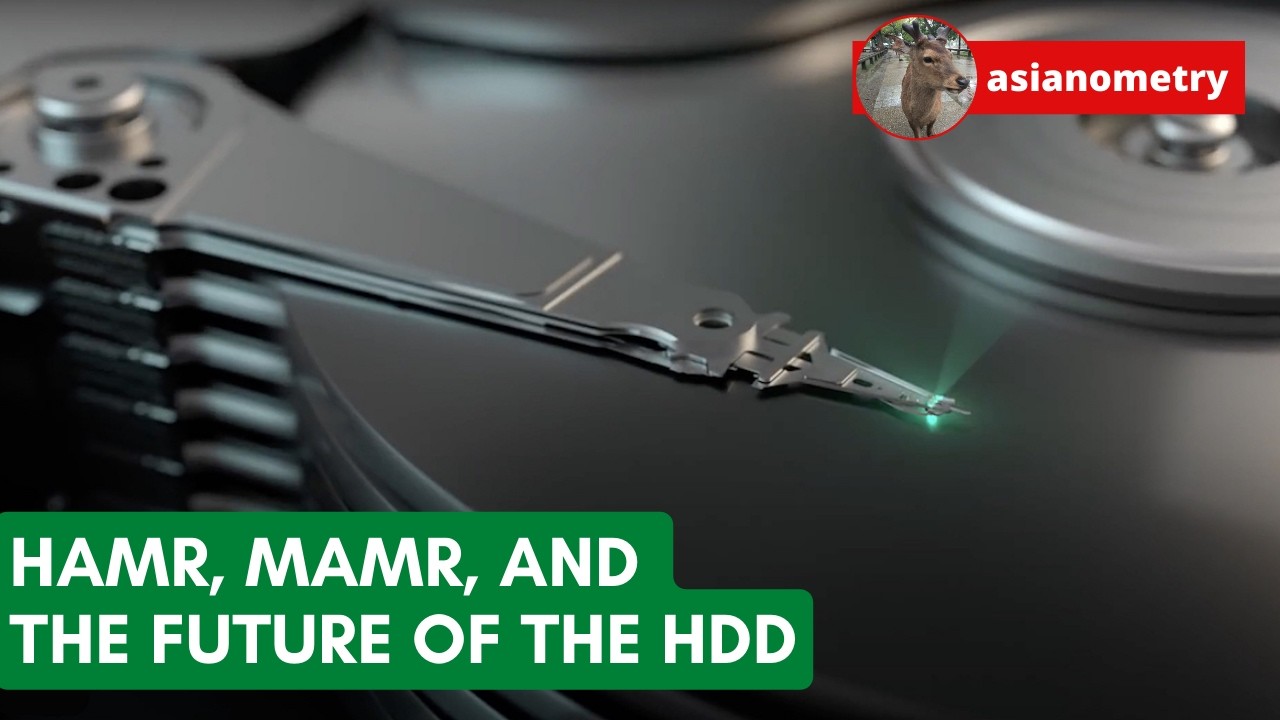
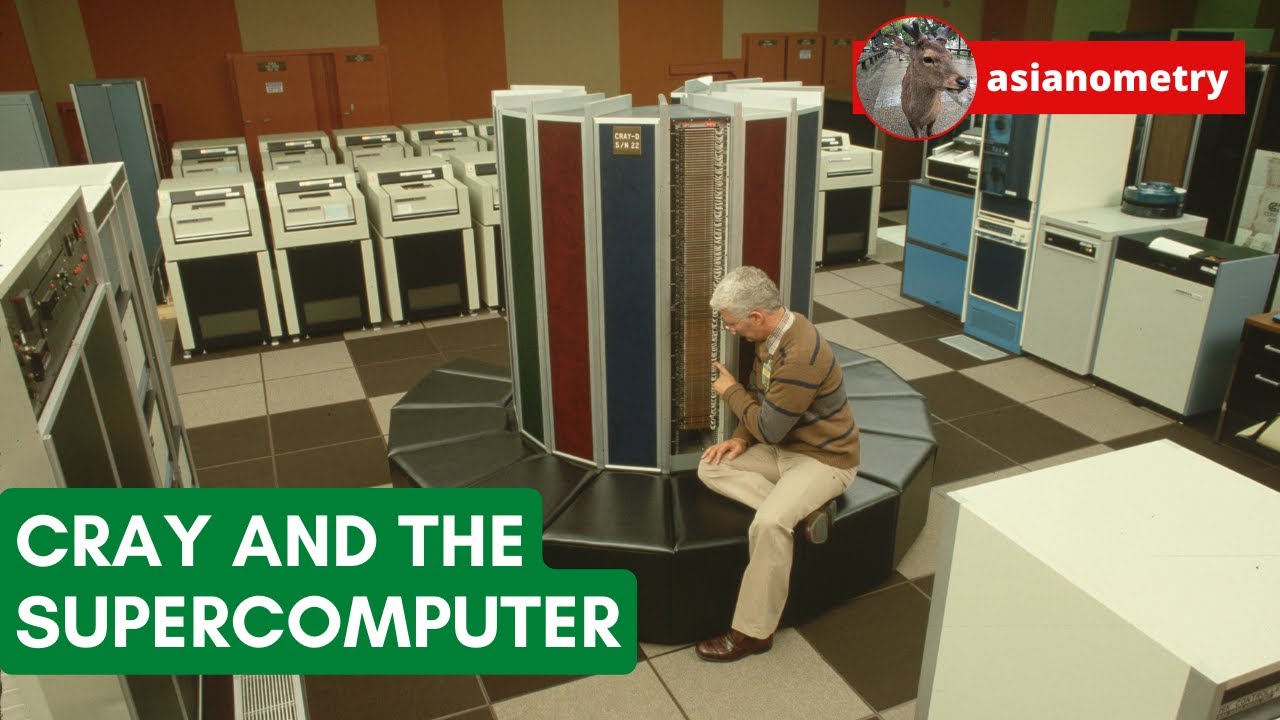

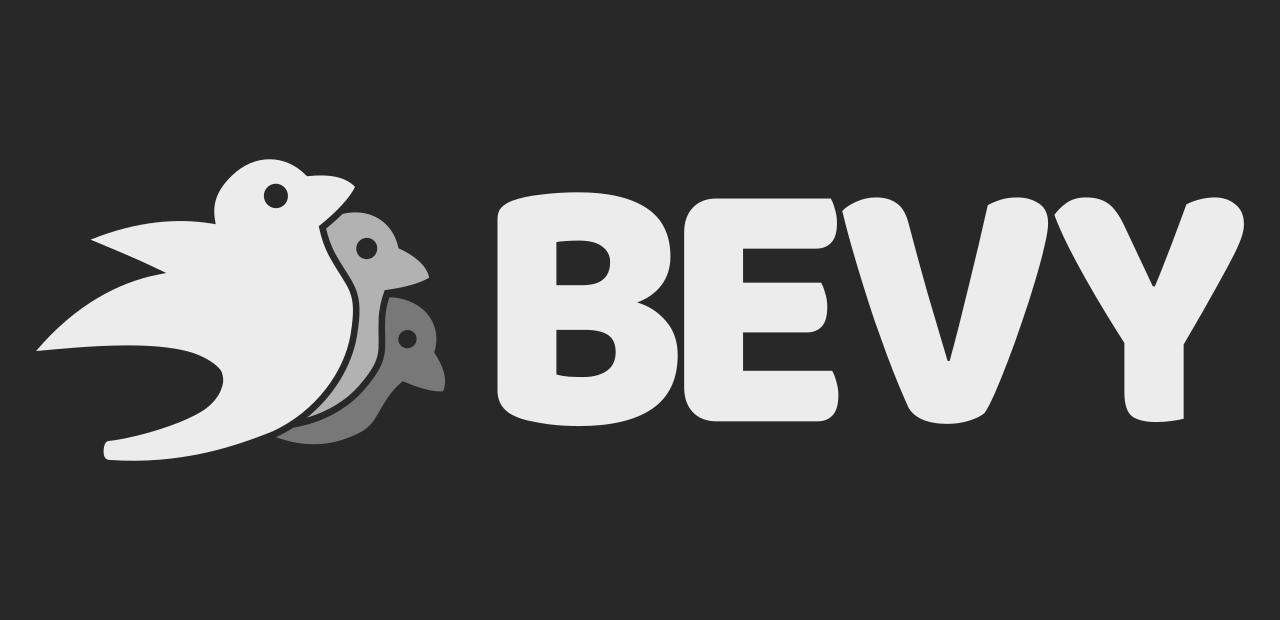
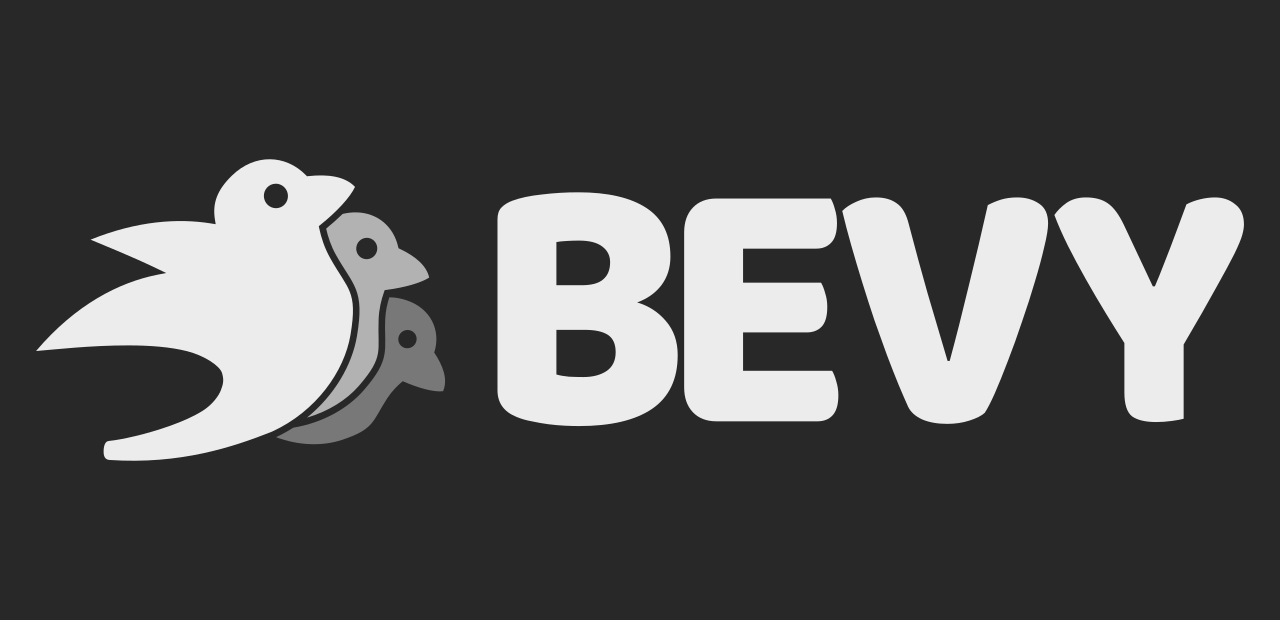











Nope. Aldi was created by brothers who, after pioneering the discounter model and being quite successful with their stores, broke apart their empire over a disagreement – which was whether selling cigarettes was a good idea, in particular whether the theft rate would be too high. Completely fucking un-dramatic (very much in contrast to Puma/Adidas which is a feud that’s still going on), they always cooperated a lot in procurement etc, and definitely don’t compete with each other: The world is split into Aldi North and Aldi South, referring to their territories in Germany. The only other country where both are present is in the US because Aldi North bought Trader Joes, ages ago, it’s the only country where they’re technically competing but not really because they’re serving quite different market segments. Aldi South (under the Aldi brand) has been in the US for ages too, btw, but mostly kept a low profile. They both like to grow organically, no flashy fancy billion buck investments. In Aldi North stores at least in Germany Trader Joe’s is the store brand for nuts, dried fruits etc.
The two Albrechts got into the business because their father, a learned baker, got ill with baker’s asthma and turned to bread trading instead, they expanded the product range of the business, after the war focussed heavily on high throughput on low margins and opened more locations, then introduced the supermarket model in Germany. Even in Germany it took some people quite a while that their quality was never shabby, on the contrary, but combine their low prices with the back then right-out warehouse atmosphere and you definitely didn’t see rich people there.
Lidl is wholly separate and not founded by brothers. It technically predates Aldi and also the brother’s expansion before the split and rebrand (they were known as Albrecht Discount before), it was a small fruit trader which then got bought by Joseph Schwarz, then turned into a larger but still regional fruit trader. Lidl stores as we know them only go back to the 1970s when Dieter, son of Joseph, was already at the helm.
Lidl is much more common outside of Germany than inside, though, long story short establishing yourself as a hard discounter in a market where Aldi is already present is hard. They did make Aldi turn away from the warehouse aesthetic, though, yes you can have nice signage and lighting and stiff be efficient.